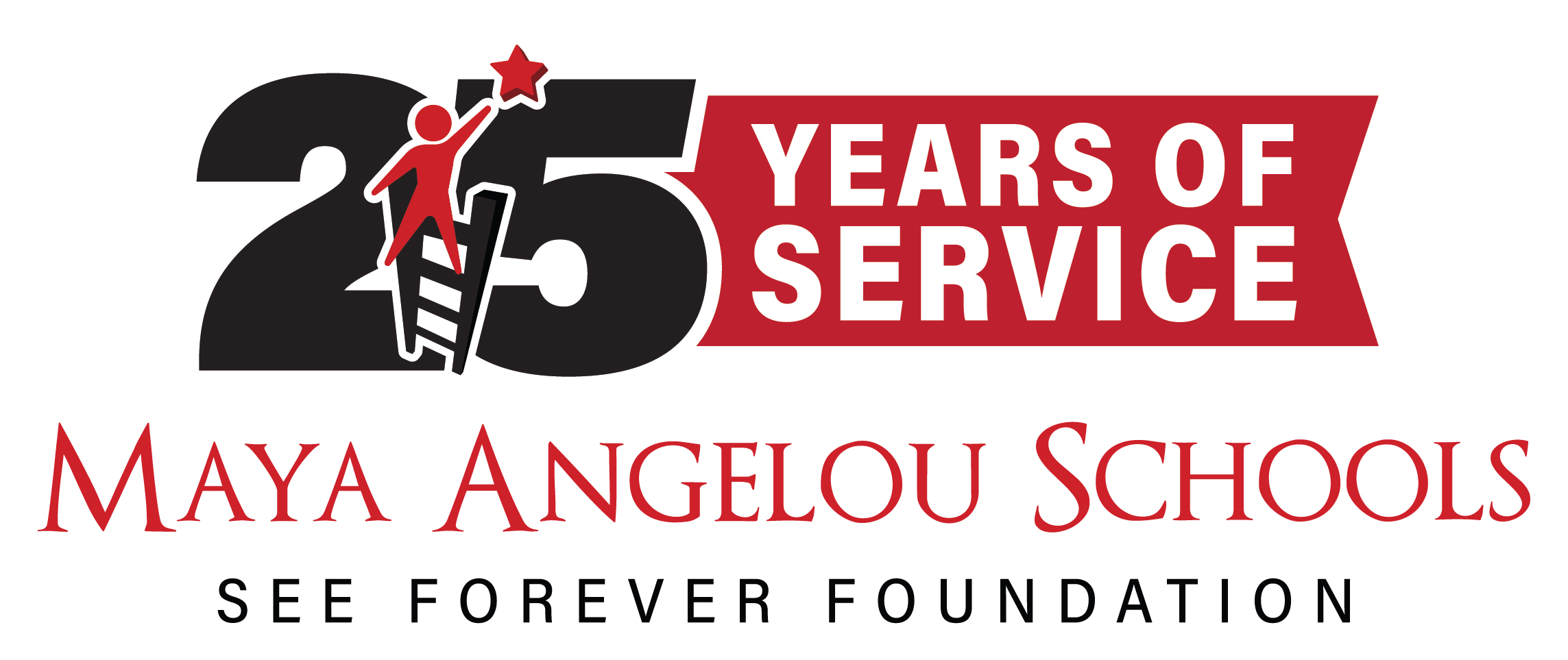MAA@YSC Professional Development Book Studies 📑
 The instructional staff participated in a book study on the book An Ethic Of Excellence.This book tells of building a culture of craftsmanship with students and school staff. The book is part memoir, part advice column, and part manifesto, but it is primarily a plea to return to the values and practices that shaped formal education.
The instructional staff participated in a book study on the book An Ethic Of Excellence.This book tells of building a culture of craftsmanship with students and school staff. The book is part memoir, part advice column, and part manifesto, but it is primarily a plea to return to the values and practices that shaped formal education.
Berger defines “excellence” as student work that has real-world relevance and is assessed against professional standards. This kind of work, he argues, represents centuries-old values of education, values that still matter but that modern schools have lost sight of. YSC instructional staff used the book to reflect on their instructional practices.
 Ratchetdemic advocates for a new kind of student identity—one that bridges the seemingly disparate worlds of the ivory tower and the urban classroom. Because modern schooling often centers whiteness, Emdin argues, it dismisses ratchet identity (the embodying of “negative” characteristics associated with lowbrow culture, often thought to be possessed by people of a particular ethnic, racial, or socioeconomic status) as anti-intellectual and punishes young people for straying from these alleged “academic norms,” leaving young people in classrooms frustrated and uninspired. These deviations, Emdin explains, include so-called “disruptive behavior” and a celebration of hip-hop music and culture.
Ratchetdemic advocates for a new kind of student identity—one that bridges the seemingly disparate worlds of the ivory tower and the urban classroom. Because modern schooling often centers whiteness, Emdin argues, it dismisses ratchet identity (the embodying of “negative” characteristics associated with lowbrow culture, often thought to be possessed by people of a particular ethnic, racial, or socioeconomic status) as anti-intellectual and punishes young people for straying from these alleged “academic norms,” leaving young people in classrooms frustrated and uninspired. These deviations, Emdin explains, include so-called “disruptive behavior” and a celebration of hip-hop music and culture.
 Emdin argues that being “ratchetdemic,” or both ratchet and academic (like having rap battles about science, for example), can empower students to embrace themselves, their backgrounds, and their education as parts of a whole, not disparate identities. This means celebrating protest, disrupting the status quo, and reclaiming the genius of youth in the classroom.
Emdin argues that being “ratchetdemic,” or both ratchet and academic (like having rap battles about science, for example), can empower students to embrace themselves, their backgrounds, and their education as parts of a whole, not disparate identities. This means celebrating protest, disrupting the status quo, and reclaiming the genius of youth in the classroom.
The instructional staff each did mock lessons based upon the ideas presented in Teach Like a Pirate. They were critiqued by their peers.
